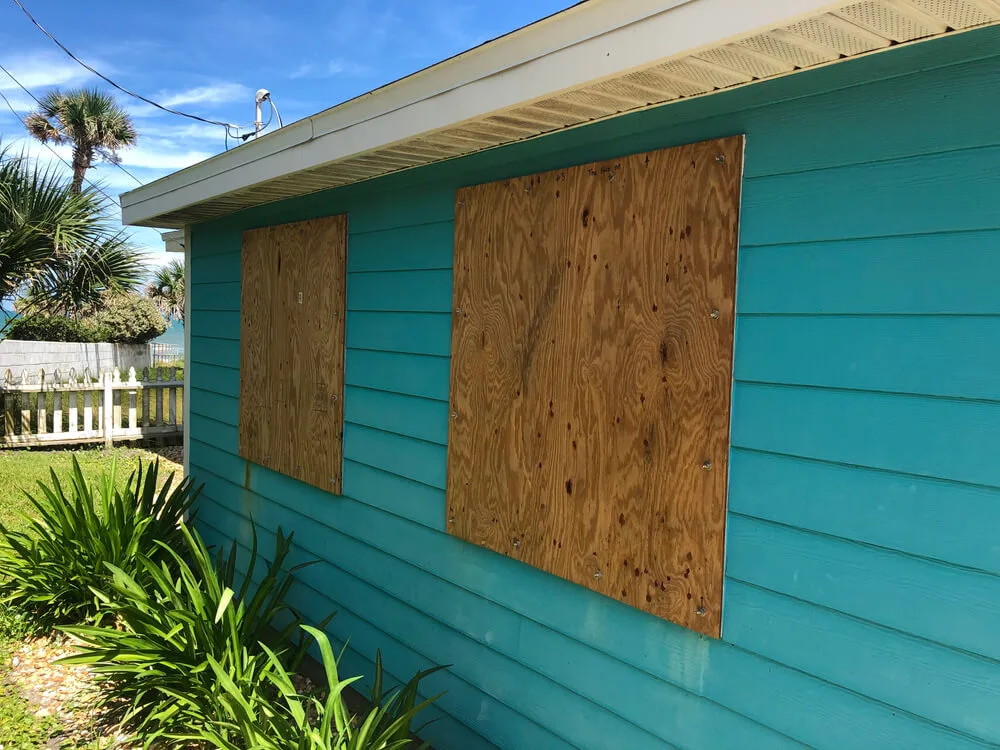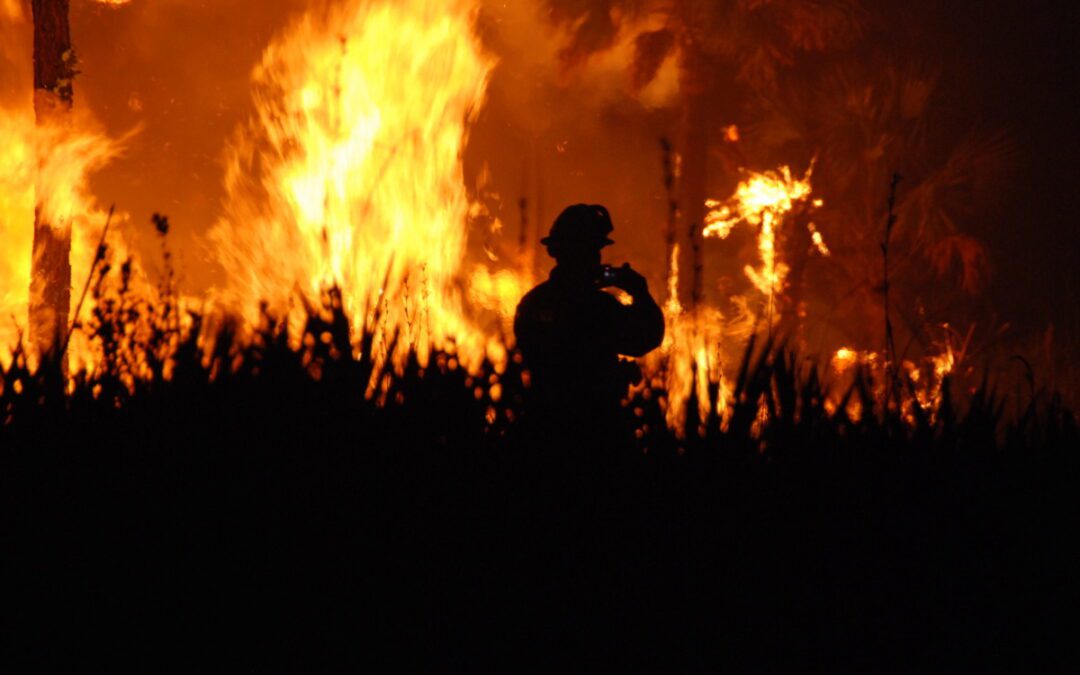
As the old saying goes, “mejor prevenir que lamentar,” and with hurricanes that couldn’t be any closer to the truth.
If you live in an area affected by hurricanes, you should prepare, regardless of whether you plan to evacuate or ride out the storm in your home. (And please follow local evacuation mandates and recommendations when making that decision.)
Most of the preparation needs to happen well before you find yourself in the forecast cone or “cone of uncertainty” with a hurricane barreling down on you.
How to Prepare Before Hurricane Season
Know your flood zone. Use your address to find your flood zone on this FEMA site.
Create an evacuation plan. Decide where you would go and several routes to get there. It doesn’t have to be hundreds of miles away—just make sure the destination can withstand high winds and isn’t in a flood-prone area.
Make sure you have the right insurance coverage. Homeowners insurance typically doesn’t cover flooding so if you’re in a flood zone, you will need a separate flood insurance policy. Find more information about flood insurance here.
Document your possessions. In the event that you need to file an insurance claim, you should have photographs, serial numbers as well as any other documentation of your possessions to give to your insurance company.
If you have trees around your house, get them trimmed. This should happen before hurricane season starts, as tree companies often schedule weeks if not months out.
Consider getting hurricane-proof windows. Hurricane windows are engineered to be safer and withstand more extreme weather conditions.
Get storm shutters or buy plywood panels to board up your windows. Permanent storm shutters offer the best protection, but if those aren’t an option, you will need 5/8 inch exterior grade or marine plywood panels to cover your windows. Don’t wait until a storm is approaching to get your boards ready. Otherwise, you might find yourself in long lines to purchase plywood (if the store doesn’t run out!) or trimming the panels down to size as the storm clouds roll in.
Make sure your garage door is storm-ready. The garage door is the most vulnerable part of the home in a storm. Replace an old garage door with one that is approved for wind pressure and impact protection or inquire about getting the door retrofitted or reinforced.
Seal outside wall openings. These include vents, garden hose bibs, electrical outlets or any opening where cables or pipes go through the wall. A urethane-based caulk should help prevent water from getting into those crevices.
If you live in a mobile home, make sure it is secured against high winds as much as possible and be prepared to evacuate. Mobile homes are not safe in high winds, and that’s why their residents are usually among the first groups mandated to evacuate in a storm.
Build an emergency kit. Not sure what you need? Use our supply checklist to get started.
What to Do if a Hurricane or Tropical Storm Is Approaching
Bring in all patio furniture, grills, potted plants or anything that could be picked up by heavy winds and cause damage.
Clean up all natural debris, such as sticks or yard waste that could also become dangerous in high winds.
Remove debris from gutters and drains.
Put up your storm shutters or cover your windows with plywood panels. Ideally, these should be ready to go (see above). Remember, you shouldn’t tape up windows–that’s one of many misconceptions about hurricanes.
Park your car inside the garage.
Sign up for Wireless Emergency Alerts (WEAs) in your area. WEAs are short emergency messages from authorized federal, state, and local authorities (such as the National Weather Service) that can be broadcast from cell towers to any WEA-enabled mobile device in a locally targeted area.
Contact your local emergency manager if you need help evacuating to see what resources and assistance are available in your area.
Sources: National Oceanic and Atmospheric Administration (NOAA) and FEMA.
RELATED: Here Are the 5 Most Vulnerable Florida Counties This Hurricane Season
Support Our Cause
Thank you for taking the time to read our work. Before you go, we hope you'll consider supporting our values-driven journalism, which has always strived to make clear what's really at stake for Floridians and our future.
Since day one, our goal here at Floricua has always been to empower people across the state with fact-based news and information. We believe that when people are armed with knowledge about what's happening in their local, state, and federal governments—including who is working on their behalf and who is actively trying to block efforts aimed at improving the daily lives of Florida families—they will be inspired to become civically engaged.


Stay safe, Puerto Rico: The governor issues a state of emergency due to heavy rains, flooding
The executive order also authorizes the activation of the National Guard to assist in relief efforts. The Guard will be tasked with providing...

Jennifer López and Bad Bunny steal the spotlight at Met Gala 2024
The artists were co-chairs of the event, alongside Zendaya and Chris Hemsworth. Rauw Alejandro also attended. Puerto Rican artists Jennifer López...

Florida’s wildfire season: What you need to know
Discover Florida's year-round wildfire risks, contributing factors, and prevention strategies, plus key historical events and community awareness....

Decline of Florida’s citrus industry hastened by Trump’s tariff tiff
Hurricanes and disease have already taken a tremendous toll on those fragrant trees, not to mention development demand for the land. This weekend I...



